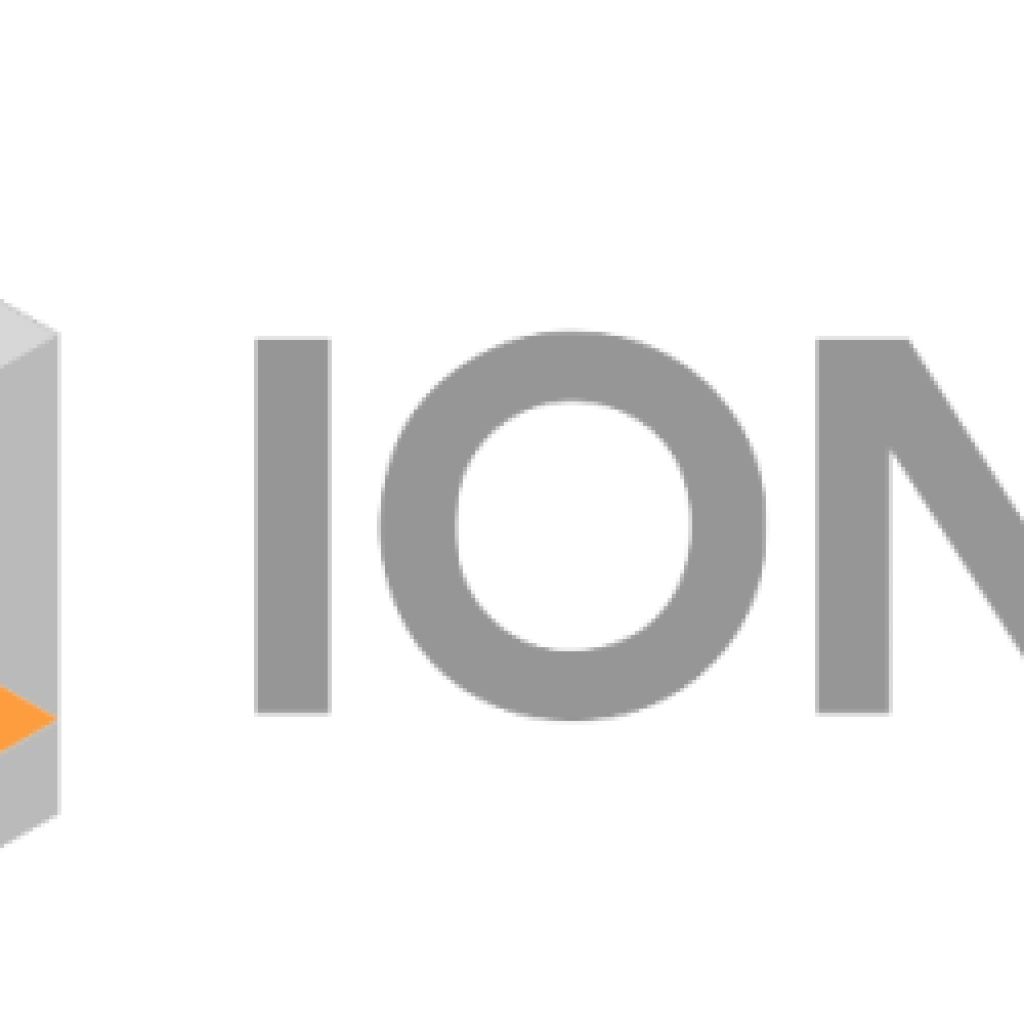(VentureBeat) IonQ has laid out its five-year roadmap for trapped ion quantum computers. The company plans to deploy rack-mounted modular quantum computers small enough to be networked together in a datacenter by 2023. That will result in a quantum advantage in building for machine learning, the company expects. IonQ then plans to achieve broad quantum advantage by 2025.
Venture Beat interviews IonQ CEO Peter Chapman in this article. Chapman has previously explained how quantum computing will change the future of AI, about how his company put together its roadmap. “Generally our plan over the next couple of years is doubling the number of physical qubits every year to 18 months throughout the decade,” Chapman said. “However, physical qubits really don’t tell the whole story.”
IonQ has a new metric, Algorithmic Qubits, that takes the log base 2 of IBM’s quantum volume, which also doesn’t effectively measure quantum computers. As quantum computers improve, quantum volume quickly becomes unusable because the number grows so quickly. Since its 32-qubit quantum computer achieved a quantum volume of 4 million, IonQ has agreed.
So IonQ defines Algorithmic Qubits as “the largest number of effectively perfect qubits you can deploy for a typical quantum program.”
IonQ has even introduced an Algorithmic Qubit Calculator to help you compare quantum computing systems. Unsurprisingly, IonQ’s quantum computers come out on top using this metric. IonQ is hoping Algorithmic Qubits replaces comparisons based on the number of physical qubits. We’ll know soon enough whether competitors like IBM, Honeywell, Xanadu, and Psiquantum choose to play ball or not.
IonQ is using the term “broad quantum advantage” as a measure separate from the quantum supremacy milestones achieved last year by Google and last week by Chinese scientists. “Those things are great science experiments, but they’re very academic milestones,” Chapman said.IonQ’s roadmap: Quantum machine learning by 2023, broad quantum advantage by 2025
IonQ’s roadmap: Quantum Machine Learning by 2023, Broad Quantum Advantage by 2025

IonQ, a leading quantum computing company, discusses its finances with IQT News (PC IonQ)